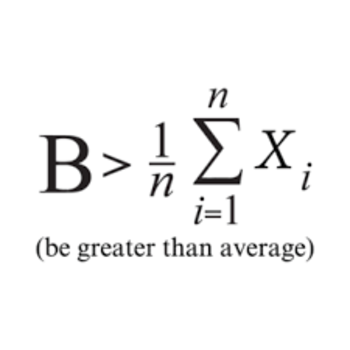Consider a solution containing 4.62 g of a Group I metal carbonate, M2CO3 in a total volume of 100.0 mL. If 25.0 mL of this solution requires 20.0 mL of 0.5 mol L1 HCl for complete reaction, the Relative Atomic Mass of the metal M is?
1 Answer
See below:
Explanation:
In a reaction of carbonates and acids we have the general formula:
Carbonate + Acid -> Salt+ Carbon dioxide + water
In this case:
I'm going to assume that if we take 25ml of the 100 ml solution, we will get
Lets find our how many moles of
Hence
And from the reaction equation we see that this is twice the amount of moles of carbonate reacted- so there was only
Now we can find the molar mass of the carbonate, as we know that we used
Hence:
This is the molar mass of the carbonate, so now we just need to subtract the molar mass of the known elements from it. We have three oxygen atoms and one carbon atom, so we subtract the molar masses of these elements from the total:
Consequently:
Which seems to lie very close to element 37, Rubidium (
So the carbonate must have been Rubidium carbonate:

